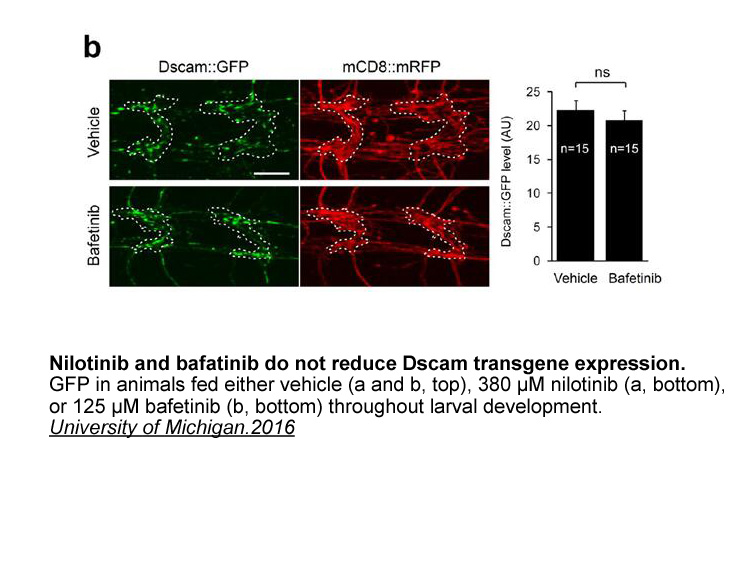Archives
br For many developing countries investments
For many developing countries, investments in health have proved a great success. The Commission “Global health 2035: a world converging within a generation” and the 2014 Gates annual letter envision the possibility of a “grand convergence” by which more countries will have a child mortality rate as low as 15 per 1000 livebirths in 20 years time. We wish to draw attention to the special case of the least developed countries, which on present evidence are likely to be excluded from such a convergence. To start a discussion we will focus on the Sahel (the 1 million square-mile semi-arid zone of Africa stretching from the Atlantic to the Red Sea) where the clash of uniquely rapid crth2 antagonist growth and some of the harshest effects of climate change are likely to have the greatest overall effects on health.
On Nov 8, 2013, Typhoon Haiyan made landfall in the Philippines. Winds of up to 235 km/h cut through the province of Eastern Samar as the storm progressed westwards and further towards the centre of the island archipelago. In the immediate aftermath of the storm, a myriad of humanitarian stakeholders scrambled to provide basic services including health care, shelter, and food to the affected population. A month later the devastation caused by the typhoon gave the Food and Agriculture Organization (FAO) of the UN reason to add the Philippines to its database of 33 countries requiring external food assistance.
Global health education is at a crossroad. The landmark Commission on Education of Health Professionals for the 21st Century highlighted the substantial disparities in health education worldwide and proposed reforms to enable all health professionals to “participate in patient and population-centred health systems as members of locally responsive and globally connected teams”.
Internships are a common route for aspiring health-care and public health professionals to enhance their skills and capabilities. Like many international organisations, including others within the UN system, WHO offers internships to eligible candidates across the world. Such internships are mutually beneficial. They enable students of academic institutions to do research and work at high-level agencies, afford additional resources for organisational departments, and link educational centres to policies and practice. Interns gain opportunities to broaden their professional networks in the public health and development specialties, and acquire practical skills in health-care policy and practice. In their supervisors and colleagues, interns might acquire role models and mentors who shape their perspectives and career paths. International public health training opportunities can also help health professionals from low-income and middle-income countries to become actively involved in defining and implementing health and development agendas.
WHO headquarters runs a highly popular internship programme every year, comprising summer and winter cohorts. These programmes are oversubscribed, with roughly 200 interns accepted for every cohort. Internships typically last 3–5 months, are unpaid, and are based in Geneva, Switzerland. Although internships are in high demand, the main barrier that restricts accessibility to advanced education and training opportunities such as those at WHO headquarters or other UN organisations is cost. Data from the UN Joint Inspection Unit\'s 2009 report suggest that many candidates do not apply for unpaid internships with insufficient funding opportunities. In high-income countries, there is increasing debate on the barriers that unpaid internships present to social and economic mobility, yet in low-income and middle-income countries, scarce personal finances and a shortage of institutional and governmental grants compound this issue. Many global health practitioners now advocate for equal inve stment in training future global health leaders from both high-income countries and low-income and middle-income countries—eg, via loan-forgiveness programmes and scholarships.
stment in training future global health leaders from both high-income countries and low-income and middle-income countries—eg, via loan-forgiveness programmes and scholarships.